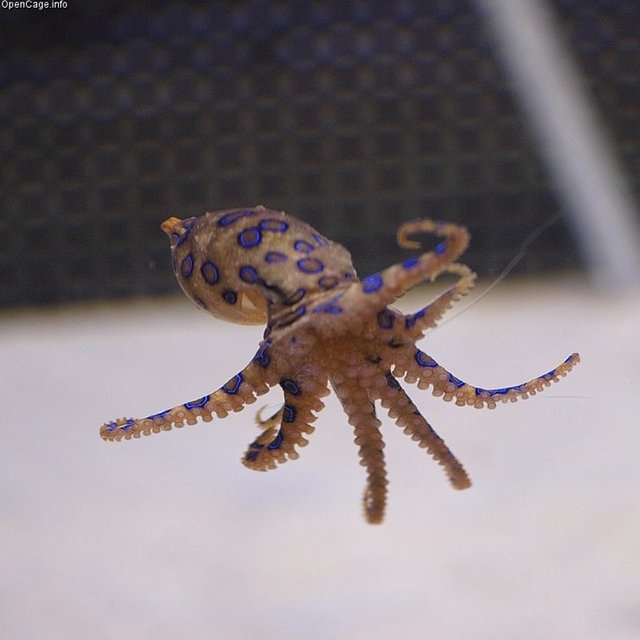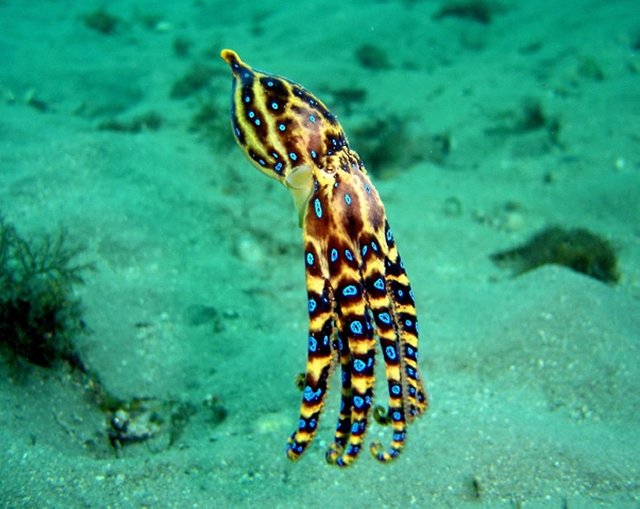Australia is well known for its deadly animals, to the point that Aussies like to brag about them. Fair enough, they have a great assortment of dangerous critters that can be fatal. Driving and even horseback riding are still more dangerous than nature, so don’t worry if you’re going on holiday to this awesome country.
The Saltwater Crocodile
Causing 1 to 2 deaths a year the “saltie” has the most powerful bite of any animal, able to crush a fully-grown gazelle's skull between its jaws. Get local advice before swimming anywhere, saltwater or fresh, and don’t swim in the Mary River located in Australia's Northern Territory, as the channel has one of the highest croc populations in the area. Victims are almost always people who fall asleep on the riverside at night, so common sense is a must.
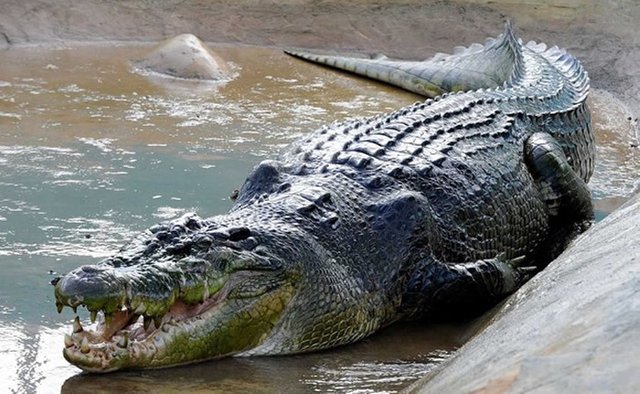
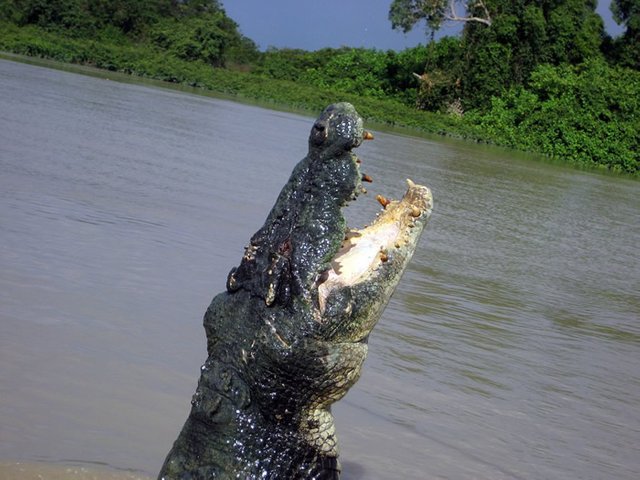
The Honey Bee
The Apis mellifera might be a honey bee, but due to the high incidences of allergic reactions bee stings cause more death than sharks, spiders or snake every year. This insect second only to snakes as the deadliest venomous animal in Australia. If you get stung and find your throat is becoming constricted stay calm, and get to a hospital as soon as possible.
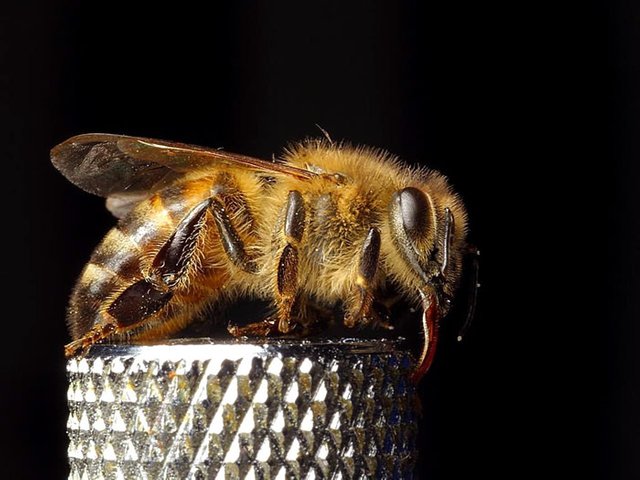

The Bull Shark
Some experts believe the deaths that inspired Jaws were from Bull Sharks, not Great Whites. Bull Sharks have bitten and killed people in shallow water, and they also enter rivers and estuaries where they can hunt in zero-visibility. In fact, one was sighted on a suburban street after a 2011 flood. Adult females average 2.4 meters in length, whereas the males average 2.25 meters.

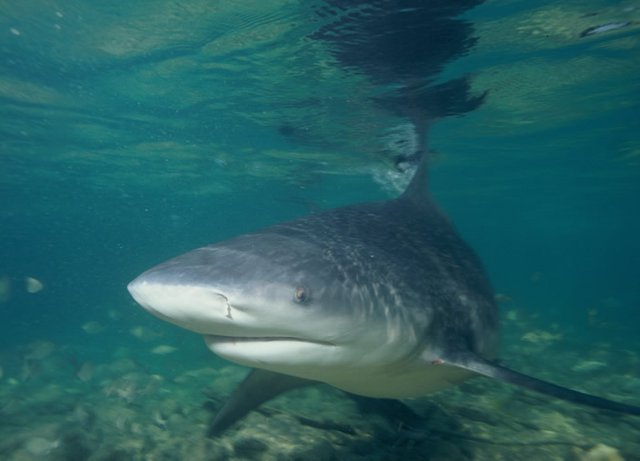
The Box Jellyfish
Since 1883 this species has been responsible for 79 of 81 jellyfish deaths, so any beach warning should be taken seriously. Sometimes referred to as the Sea Wasp, it is found in vast numbers off beaches in “stringer season”, and has the potential to stop the human heart in 2 to 5 minutes. Near invisible tentacles with millions of harpoons deliver a powerful dose of venom.
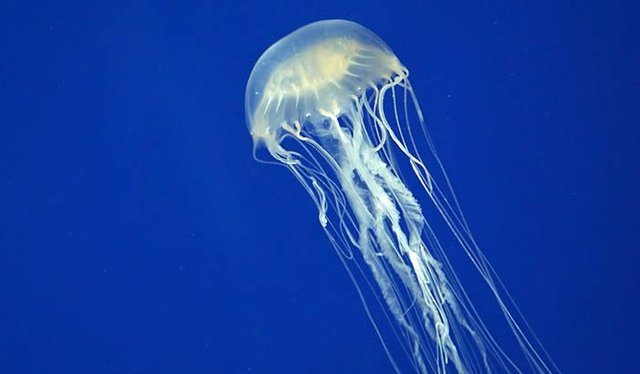
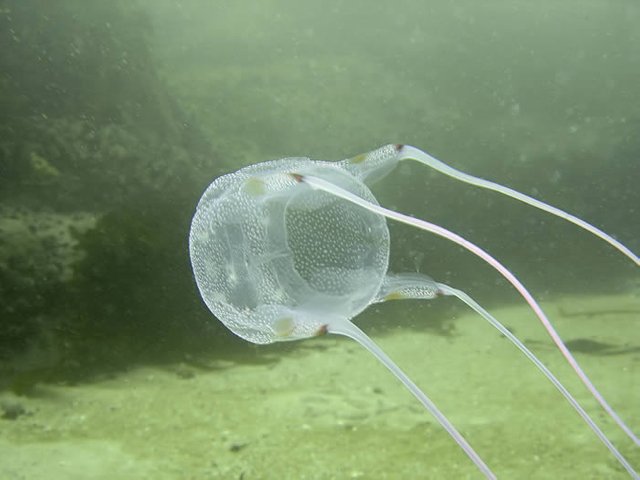
The Sydney Funnel Web Spider
You’re more likely to encounter a funnel web spider than any other animal on this list. Anti-venom was developed in 1981, and no fatalities have been recorded since. The funnel web has fangs longer than a brown snake’s, and are so powerful they can pierce toenails!
They measure only 1.5 to 3.5 cm long, and are found in populated urban areas of New South Wales in gardens. Spiders sometimes seek shelter insides shoes and clothing, so shake them out before putting on, no matter where in Oz you are. The funnel web rivals the Brazilian wandering spider for title of most venomous on earth.
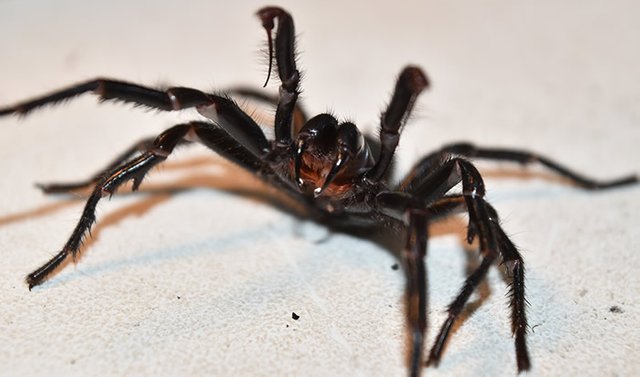
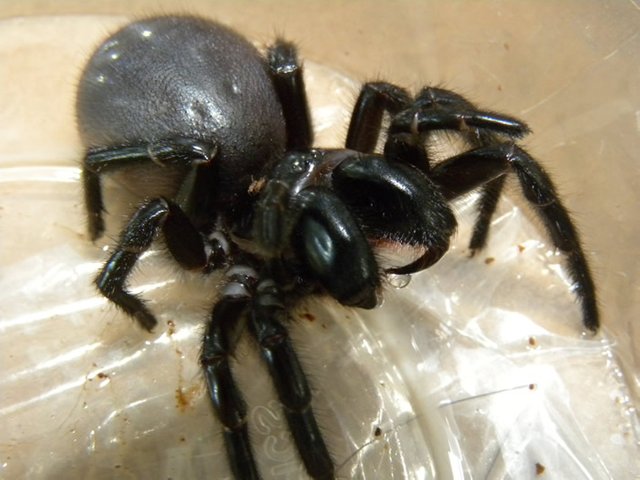
The Inland Taipan Snake
If not managed correctly a bite from this snake can lead to death in 45 minutes, with bandage pressure and immobilisation bit victims can expect to another few hours to find help. Fortunately, you’re unlikely ever to see one; they live in the center of the country and are rarely seen above ground. They carry enough venom to kill 100 men.
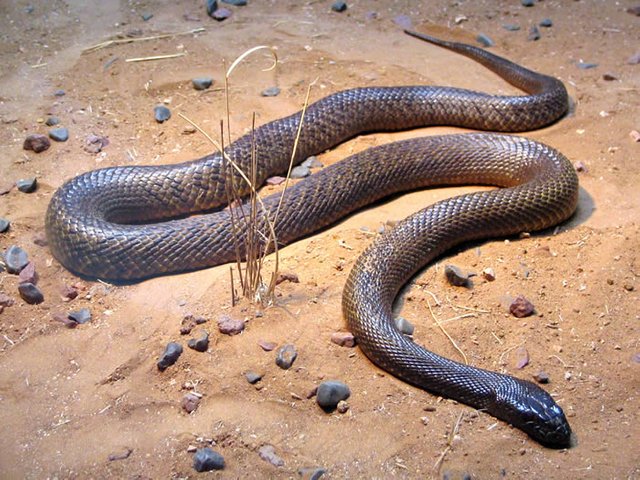
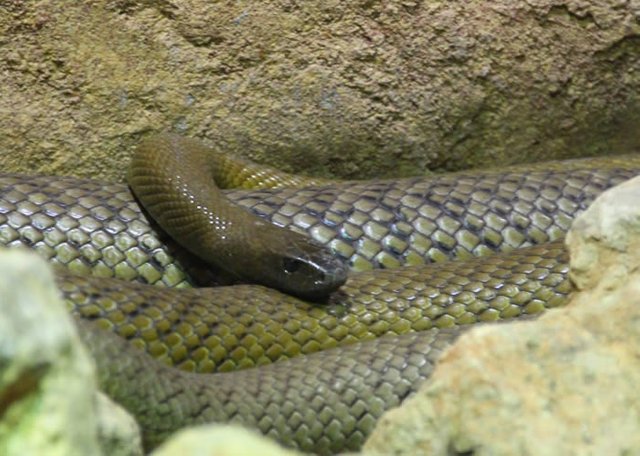
The Cone Snail
About 15 human deaths have been caused by these snails, so if you find one do not handle it, even if you think it is dead. The mollusc that lives inside fires a venom-laden dart from the narrow end, and apparently hurts like crazy. Large specimens can be fatal.
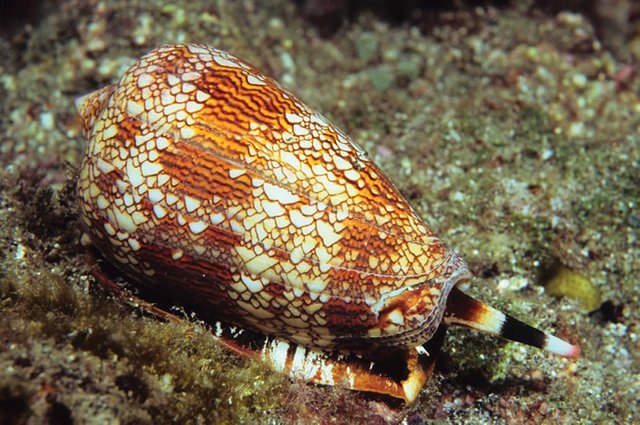

The Eastern Brown Snake
Responsible for the most snake related deaths in Australia, they’re highly aggressive, and feed on mice in populated areas. If provoked they will raise off the ground in an “S” shape curve, while preparing to fire its venom. It is unlikely that you would ever see one of these.
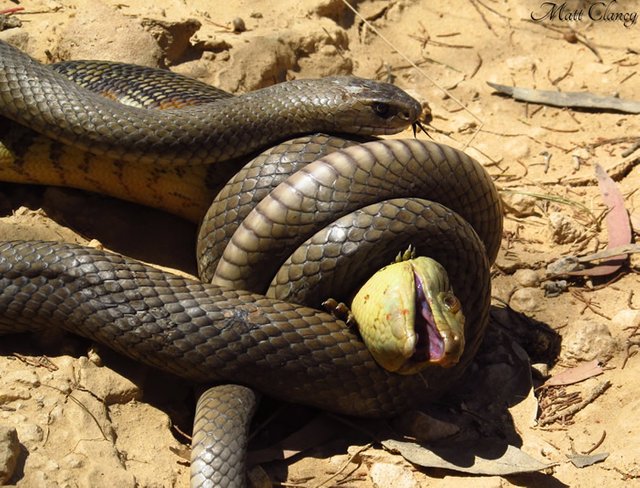
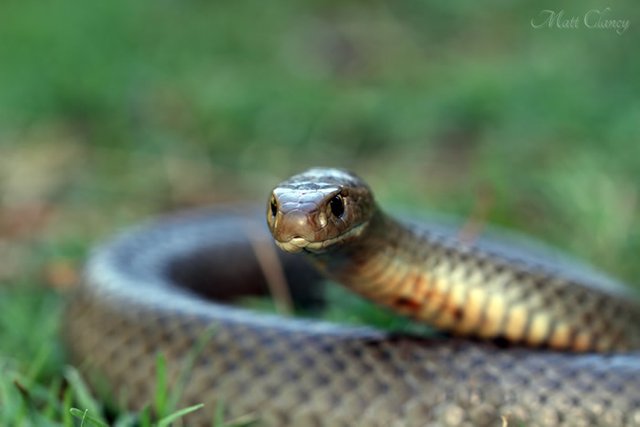
The Blue-Ringed Octopus
If you’re diving in Sydney harbour you could be lucky enough to see one of these beautiful blue-blooded creatures, so keep a respectable distance, as they carry enough poison to kill 26 people. When provoked they produce a neurotoxin 10,000 times more powerful than cyanide, their brown spots darken and pulsating blue rings appear. Apart from that they’re fine!
